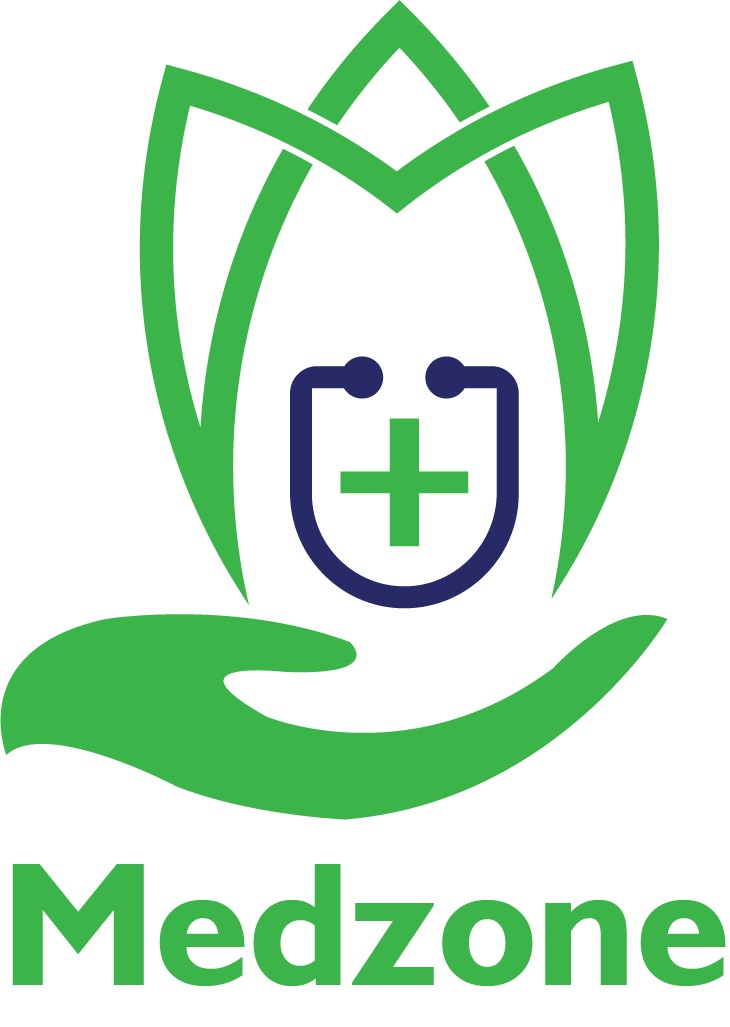Conflict of Interest
Conflict of Interest Policy and Informed Consent
The Medzone-Journal of Health Sciences (MJHS) aims to maintain high standards of honesty and transparency in the research we publish. This policy requires authors, reviewers, and editors to disclose any conflicts of interest (COI) that could affect the research or decision-making process. Such transparency is crucial to ensure that the journal's content remains impartial and credible, upholding the highest ethical standards in health sciences.
What is a Conflict of Interest (COI)?
A conflict of interest occurs when personal, financial, or professional relationships might influence someone's objectivity or judgment or give the appearance of bias. These conflicts, whether real or perceived, can undermine the trustworthiness of scientific research. Therefore, it is essential for authors, reviewers, and editors to disclose such conflicts to avoid compromising the research process.
Disclosure Requirements
- Authors: Must disclose any financial or personal relationships (e.g., employment, consulting, stocks, patents) that might influence their research. These disclosures provide readers with context for understanding any potential influences on the study’s outcomes.
- Reviewers and Editors: Must disclose any conflicts that could affect how they review or handle a manuscript. By ensuring reviewers and editors are unbiased, we maintain the objectivity and quality of the peer review process.
These disclosures should be made at the time of manuscript submission and should include all relevant financial, personal, and professional connections to maintain full transparency. Failure to disclose relevant COIs may lead to a loss of trust in the research process.
Managing Conflicts of Interest
- Transparency: Any conflicts of interest will be published alongside the article for full transparency. This step ensures that readers are fully informed of any potential biases in the research, allowing them to make informed judgments about the findings.
- Handling Major Conflicts: If a significant conflict is identified, steps such as removing the reviewer/editor, conducting additional peer review, or publishing a statement about the conflict will be taken to maintain fairness and ensure the integrity of the publication process. The goal is to uphold the research’s objectivity and ensure the publishing process is free from undue influence.
Human and Animal Rights Policy
- Human Research: Research involving human participants must adhere to the Declaration of Helsinki. This includes obtaining approval from an ethics committee and securing informed consent from participants. These ethical standards ensure that human research participants are treated with respect, their rights are protected, and their participation is voluntary and informed.
- Animal Research: Research involving animals must comply with international guidelines for animal care and use, ensuring ethical treatment and minimizing harm. Ethical guidelines protect the well-being of animals involved in research, promoting humane treatment and reducing unnecessary suffering.
Informed Consent Policy
- Requirement: Authors must obtain informed consent from all human participants. This includes ensuring that participants understand the study's purpose and consent to the publication of any personal or identifying information that may appear in the study’s results.
- Documentation: Authors must confirm in their manuscript that they have obtained informed consent for publishing identifiable information. By documenting this, authors provide assurance that the privacy and autonomy of participants were respected throughout the research process.
- Privacy: Personal information should be kept private and secure, following legal and ethical standards. This protects the participants' confidentiality and upholds ethical obligations to safeguard their personal data.
Implementation
- Submission: Authors must submit COI disclosures, ethical approvals, and informed consent statements along with their manuscript. This ensures all required documentation is reviewed at the time of submission and helps expedite the review process.
- Verification: The editorial team will verify that these policies are followed during peer review. If the policies are not adhered to, the manuscript may be rejected or require revisions before it can proceed in the review process. Verification helps maintain the integrity of the journal’s publishing practices.
- Publication: Articles will indicate that they comply with these ethical standards, ensuring readers know that the research was conducted responsibly and in accordance with the highest ethical guidelines. This provides confidence to the readers that the research is trustworthy and ethically sound.
Conclusion
This policy ensures that the Medzone-Journal of Health Sciences follows ethical practices by managing conflicts of interest and protecting human and animal rights in all research. By upholding these standards, we maintain the credibility of the journal and ensure that research is conducted responsibly, transparently, and with respect for all participants. This commitment to ethical research helps to strengthen the reputation of the journal and promotes the advancement of health sciences with integrity.




